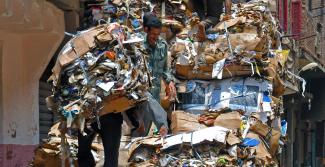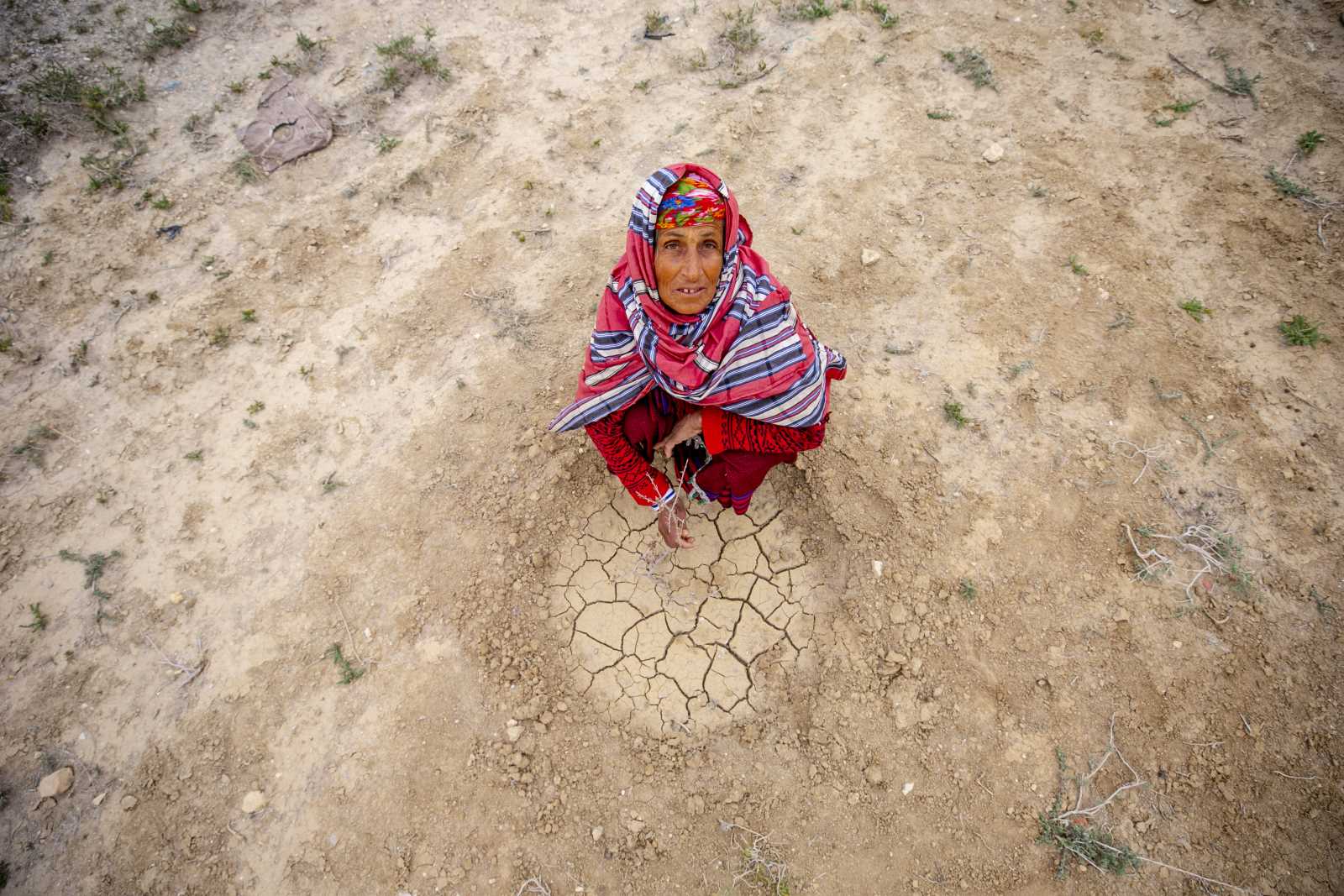Poverty
Poor conceptions

Mariano Féliz and Aaron L. Rosenberg are researchers with an interest in improving matters. A book they edited explores options. In “The Political Economy of Poverty and Social Transformations of the Global South” the two editors argue that poverty is commonly believed to be a purely quantifiable phenomenon. A case in point is the World Bank’s widely accepted measure of poverty (less than the purchasing power of $ 1.90 per day and head). However, poverty is about more than a lack of money. For subsistence farmers, for example, money is less important than other resources. Ideas of wealth are complex too. The two scholars generally find the understanding of poverty in official development discourse to be disconnected from the affected people’s personal experience.
As Jude Ssempebwa and Jacqueline Nakaiza argue in one of the book’s chapters, many poverty alleviation programmes have failed in sub-Saharan Africa because the target groups’ views were not taken into account. Drawing on research done in East Africa, the authors suggest that poverty alleviation programmes are more effective when the people, whose life they are supposed to improve, are involved in design and implementation.
In contrast to academics’ perception, the people concerned may actually not consider themselves poor. Development professionals tend to ignore the resources that poor people possess, Ssempebwa and Nakaiza warn. They write that the communities living in poverty must not be viewed as passive consumers but regarded as agents.
In another chapter, Pablo E. Pérez and Brenda Brown analyse changes in social protection systems in Latin America. They argue that the introduction of conditional cash-transfer policies since the 1990s has had only limited success. These programmes transfer money to poor families under the condition that they send their children to school or attend health services. They also seek to improve unemployed people’s job prospects by linking cash benefits to participation in skills training.
The authors point out that such programmes may reduce the severity of poverty, but they do not allow people to escape poverty. While target groups’ ability to cover basic needs improves, they do not become upwardly mobile. Pérez and Brown also bemoan that cash-transfer programmes serve to control and manage poor people’s behaviour. They find it irritating that people not only have to prove that they are needy, but also that they are worthy of support.
Innocent Chirisa did research on peri-urbanisation in Africa. The results show that poor people are resilient and exert agency in the face of adversity. Slums have proliferated around major African cities leading to new environmental, socioeconomic and political challenges. Many slum dwellers do not have access to basic services like water and sanitation, electricity or transportation. Compounding the problems, informal settlements are often located on disused landfills and wetland areas prone to flooding.
Nonetheless, residents manage to grasp opportunities, Chirisa writes. In Addis Ababa, Ethiopia, for example, people generate income with peri-urban agriculture and horticulture. They supply food to urban markets. Studies show that they produce about one third of the vegetables consumed in the city. Their share of the leafy-vegetable supply is even up to 70 %.
Another example concerns township residents in Cape Town, South Africa. Chirisa reports that they make a living by selling petty commodities, running shops and making repairs. When designing city management systems, policymakers would therefore be well-advised to consider innovations made by those who dwell in informal settlements.
The different chapters show that poverty is not a perpetual state of lack, nor can it be defined simply in terms of money. It makes sense to recognise “the poor” as actively engaged people who address their situation by innovative means. Moreover, there may not be a universal idea of the good life that can be implemented in top-down approaches – whether by national governments or international donor agencies. To be effective, development efforts should take target groups’ perspectives into account.
Book
Féliz, M. and Rosenberg, A. L. (Eds.) 2017: The Political Economy of Poverty and Social Transformations of the Global South. Stuttgart, ibidem-Verlag.














